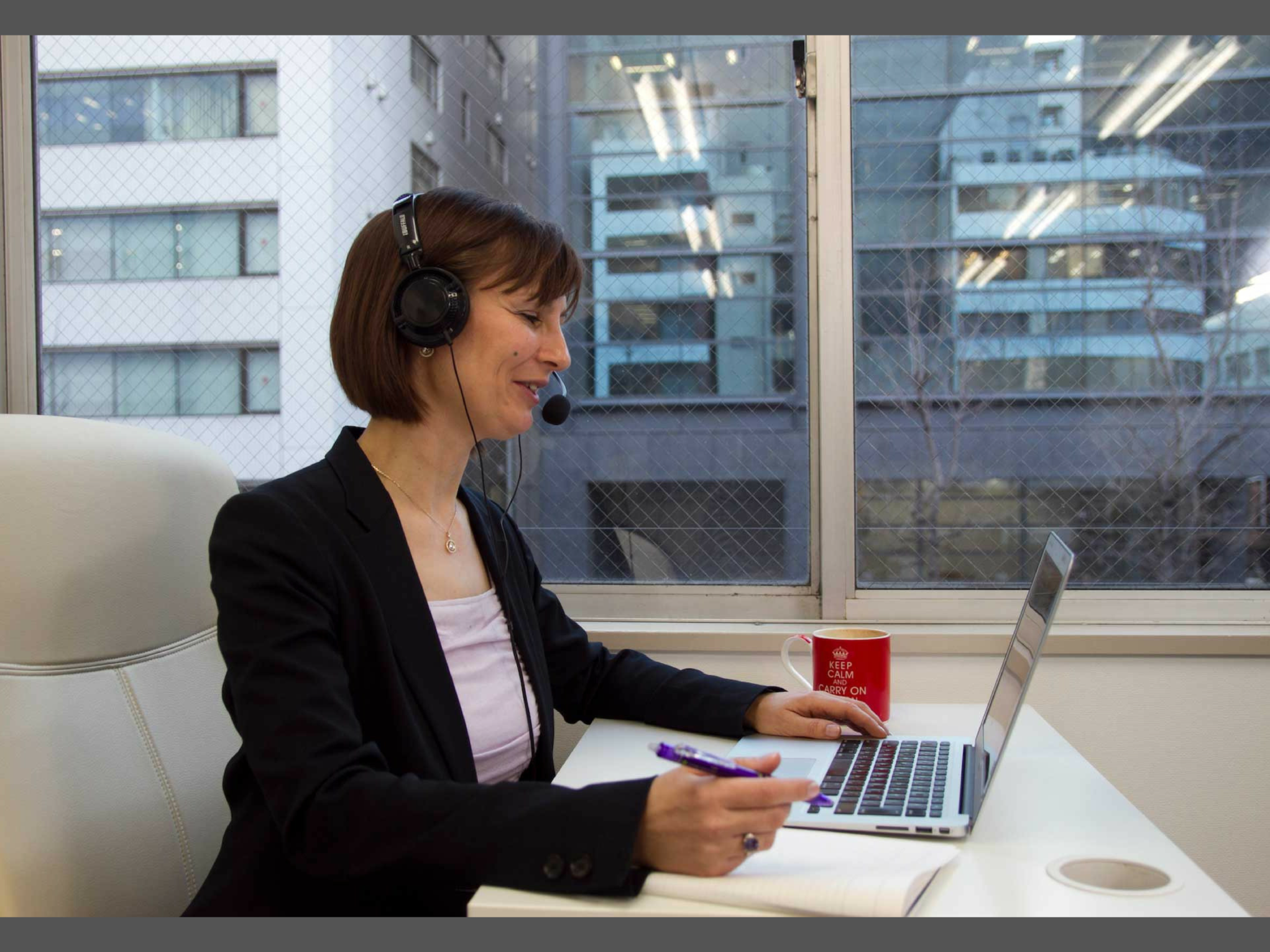Conference calls are a challenge for multiple reasons, including technical problems, time zone difficulties, and feeling a lack of confidence about speaking up — especially in your non-native language.
You can’t change technical problems (except for checking in advance to minimize them) or time zones, but you do have 100 percent control over your confidence. So let me share 3 tips to help you with that.
1. Prepare
You may have a busy schedule, but it really is worth taking a few minutes to prepare for your conference call. Think through the questions below and, ideally, write your answers.
- What is the call about?
- What can you say on the call to make a contribution?
- What questions can you ask in general?
- Who else will be on the call and what can you ask them specifically?
One great thing about telephone conference calls is that the other people usually can’t see you, so you can read from your notes.
Rehearse aloud, so that you can speak smoothly. Then you’ll feel more confident on the call.
2. Speak Early
Watch “A Conference Call in Real Life” for the example of “Dave,” who doesn’t speak until the end of the call, and no one knew he was there (plus lots of other hilarious examples of conference call challenges).
If you delay speaking, you may think, “Oh, I’m so nervous. I don’t want to speak.” You put pressure on yourself and you’re probably not even listening properly to what other people are saying, so you’re not able to contribute to the call anyway. That’s “mottainai” — it’s a waste.
And if you delay speaking, someone else may raise the point that you had in mind first, so you lose your opportunity.
Speak up early. Then, when you’ve taken that step out of your comfort zone, you can relax. You can listen to the conference call. You can maybe even speak up again!
3. Use Body Language
This may sound a little strange when you can’t see each other on a telephone conference call.
But, if you’re speaking Japanese, think about when you’re on the phone and you say, “Hai, hai,” while bowing. You’re using body language, right?
Think about your posture. If you sit up more, it’s easier for the oxygen to flow. This helps with the quality of your voice.
Smile as you’re talking — especially if it’s good news. The smile will affect the tone of your voice, and often people can hear that.
Use gestures. Moving your hands helps you to release nervous energy and adds natural emphasis to your voice, which makes it easier for others to listen to you.
Body language impacts both you and others and you can easily change it in an instant.
So these are your three techniques to help you feel confident on conference calls: 1. Prepare, 2. Speak early,
3. Use body language.
Speak up in the Comments below to let me know which you’re using. I’d love to hear from you!

